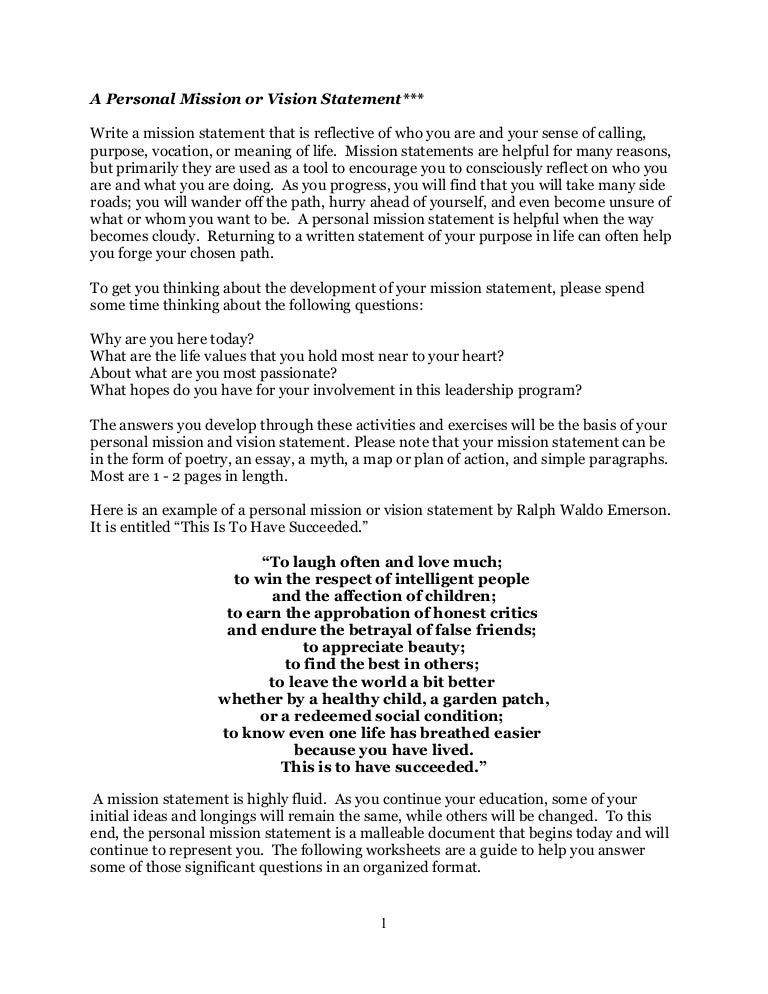Vision is a fundamental aspect of human experience and plays a crucial role in our daily lives. It allows us to perceive the world around us, navigate our environment, and interact with others. Our eyes and brains work together to process visual information, allowing us to see colors, shapes, and movements.
Vision is a complex process that begins when light enters the eye and is focused onto the retina, a thin layer of light-sensitive cells lining the back of the eye. The retina contains two types of cells: rods and cones. Rods are responsible for detecting light and dark and help us see in low light conditions, while cones allow us to see color and fine detail.
The retina converts the light that enters the eye into electrical signals, which are then transmitted to the brain through the optic nerve. The brain processes these signals and interprets them as visual images. It also integrates information from other senses, such as hearing and touch, to create a complete picture of the world around us.
Vision is not just about seeing, however. It is also about interpretation and understanding. Our brains are constantly making sense of the visual information we receive, and this process is called perception. Perception involves not only identifying objects and their characteristics, but also understanding their meaning and how they relate to each other.
Problems with vision can occur at any stage of the process, from the eye itself to the brain. Some common vision problems include nearsightedness, farsightedness, and astigmatism, which are caused by abnormalities in the shape of the eye and can be corrected with glasses or contact lenses. Other vision problems, such as color blindness and amblyopia (lazy eye), are caused by problems with the retina or the brain's ability to process visual information.
There are many ways to protect and maintain good vision. Wearing sunglasses and a hat can help protect the eyes from harmful UV rays, and regular eye exams can detect vision problems early on. Eating a healthy diet rich in fruits and vegetables and maintaining a healthy weight can also help keep the eyes healthy.
In conclusion, vision is a vital aspect of human experience that allows us to perceive and interpret the world around us. It is important to protect and maintain good vision through healthy habits and regular eye exams to ensure that we are able to fully experience and navigate the world around us.









